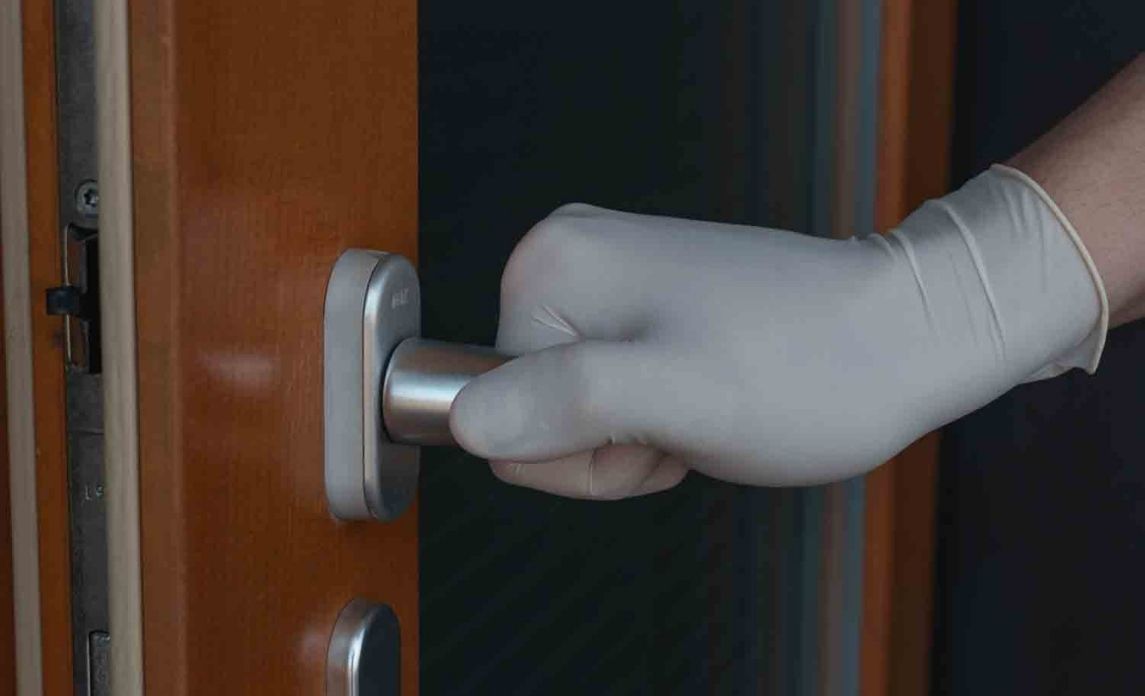Prime Minister Jacinda Ardern over the weekend announced four new alert levels specifically for COVID-19 response, with Level 4 being the highest. Currently, Level 4 (Eliminate) is in effect nationwide. This means that the disease is likely not contained; there is sustained and intensive transmission and widespread outbreaks.
The threat of COVID-19 is very real. It’s a pandemic currently affecting more than 100 countries, with a transmission speed that has overwhelmed even developed countries with top-notch healthcare systems. Thankfully, there is also a lot we can do to help curb the spread of infection.
What is COVID-19?
COVID-19 is the disease caused by a novel coronavirus named SARS-CoV-2 or 2019-nCoV. SARS-CoV-2 originated in Wuhan, the capital of China’s Hubei Province, and has now spread to more than 100 countries. SARS-CoV-2 is a kind of coronavirus, the same family of viruses that caused Middle East Respiratory Syndrome (MERS-CoV) and Severe Acute Respiratory Syndrome (SARS-CoV).
The first signs of COVID-19 include a cough, a fever of least 38°C, and shortness of breath. These symptoms don’t automatically mean that you have COVID-19. However, shortness of breath can be indicative of pneumonia, a symptom of COVID-19, and this requires immediate medical attention.
Persons who have the above-mentioned symptoms and have recently been overseas or have been exposed to a person confirmed COVID-19-positive must get in touch with their doctor as soon as possible. You may also call Healthline for free at 0800 358 5453.
How does COVID-19 spread?
COVID-19 spreads like the flu: through droplets released by persons infected with COVID-19 when they cough, talk, or sneeze. These droplets can travel a short distance and then settle on surfaces like countertops, doorknobs, or handrails; the droplets may also land directly onto another person. Should these viral droplets make their way into your mouth, nose, or eyes, you may get infected with COVID-19.
What’s important to remember is that SARS-CoV-2 is surrounded by a halo or crown made up of proteins. This halo acts as a shield, but it’s also easily destroyed by soap. As such, good hygiene practices such as proper and regular hand-washing can help quickly curb the spread of infection. If soap and water aren’t immediately available, you may use 70% alcohol-based sanitisers and then wash your hands as soon as you are able.
Prevention of infectious diseases in the workplace
With a big group of people gathered in an enclosed space and breathing recirculated air, an office is one of the easiest places to contract and spread diseases. This is why one of the measures across all alerts involves urging employers to start implementing alternative ways of working, such as remote or shift-based work. Employers should also keep in mind the Health and Safety at Work Act 2015. It requires employers to take every step possible to protect employees from workplace hazards, among which are infectious diseases like COVID-19.
Some of the simplest steps that employers can take in minimising the risk of spreading infectious diseases include having workers immunised. Of course, this applies only to diseases that have available vaccines such as seasonal influenza. Encouraging proper hygiene is also crucial, such as using tissues when coughing or blowing one’s nose and immediately throwing the tissue into the proper trash bin. Workers who are sick should also be encouraged to stay home and recuperate. Finally and as earlier mentioned, regular and proper hand-washing is one of the most effective ways to curb the spread of infections.
Another critical element of workplace health and safety is cleanliness. With clean and disinfected offices, harmful pathogens like bacteria and viruses are reduced and even killed.
The role of commercial cleaners in workplace cleanliness
With cleanliness and proper hygiene among the primary ways to fight the spread of COVID-19, commercial cleaners like Crewcare staff are at the forefront. From heavy-duty, industrial-grade equipment to long years of experience, they are well-equipped to handle cleaning jobs in almost any type of workplace.
Nevertheless, while commercial cleaning crews are veritable experts in their field, here are a few key points to remember for COVID-19 response.
Regular cleaning is a must
There needs to be a focus on enhancing cleaning schedules. By reducing the number of contaminated surfaces (and disinfecting them often), workers will have less risk of contracting and spreading disease. Make sure to specify which areas and what surfaces or objects are the most frequently used or touched; this will help cleaners prioritise areas that need more attention.
Follow usage instructions
It’s important to clean and disinfect objects and surfaces to achieve the optimum levels of sanitation. More than choosing the right products, it’s more important to follow the manufacturer’s usage instructions. This will ensure that you will get maximum effectiveness from your cleaning and disinfectant products.
Use disposable products when possible
There’s a reason why syringes are single-use: it prevents contamination. The same goes for cleaning items. If and when you can, use disposable cloths to clean and/or disinfect surfaces to minimise the risk of spreading pathogens. For reusable products like microfibre cloths, make sure to clean and disinfect them and after every use. In addition, only use them again when they’re completely dry.
Ensure good ventilation
As earlier mentioned, enclosed spaces can speed-up the spread of infectious diseases. Thus, air-conditioning units should be cleaned and maintained religiously. If at all possible, HVAC systems should not recirculate the air and should be released outside.
Wear appropriate gear
It just wouldn’t do if the ones doing the cleaning inadvertently spread the disease themselves. This can be prevented by wearing proper attire while cleaning. In the case of COVID-19, wearing PPE or personal protective equipment may be necessary.
Cleanliness and hygiene are paramount to health and safety. Their importance is further underscored with a disease like COVID-19 that spreads quickly but can also be killed with simple methods. As the pandemic spreads further, cleaning industry professionals will play an even bigger role in maintaining public health.
Sources:
https://www.health.govt.nz/our-work/diseases-and-conditions/covid-19-novel-coronavirus


